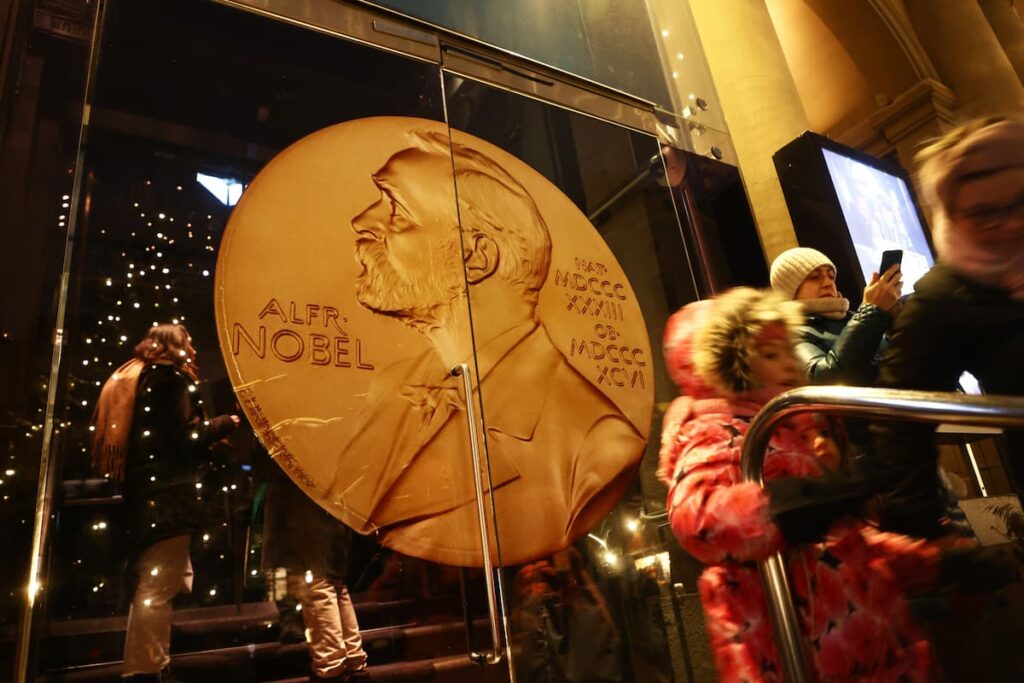Recognition Follows Joint U.S.-Israel Actions in Iran
Israeli Prime Minister Benjamin Netanyahu confirmed this week that he has officially nominated U.S. President Donald Trump for the Nobel Peace Prize. The announcement came during a public appearance where the two leaders praised their recent military cooperation in the Middle East, specifically the coordinated strikes on Iran’s nuclear sites. Netanyahu presented Trump with a letter addressed to the Nobel committee, endorsing his candidacy.
The move revives previous efforts to nominate Trump for the prestigious international award, adding to a list of past submissions made by both U.S. officials and foreign lawmakers. However, the nomination is only the beginning of a complex and confidential selection process governed by the Norwegian Nobel Committee.
A History of Nominations and Scrutiny
This is not Trump’s first consideration for the Nobel Peace Prize. In 2018, a group of U.S. House Republicans and two Norwegian lawmakers submitted nominations highlighting his diplomatic efforts with North Korea. In 2021, additional nominations recognized his role in promoting agreements in the Middle East. However, not all of the proposals have been valid. In 2018, the Nobel committee disqualified two entries linked to identity fraud, reportedly submitted under false names.
Despite these setbacks, Trump’s supporters have consistently pointed to his foreign policy initiatives as justification for the prize. Netanyahu’s current nomination references the recent 12-day military campaign in Iran, which the two leaders have described as a success aimed at neutralizing nuclear threats.
A Selective and Secretive Process
The Nobel Peace Prize is awarded annually through a process managed by a five-member committee appointed by the Norwegian parliament. Nominations must be submitted by February 1 of each year and can be made by specific individuals and institutions, including national politicians, university professors, international institute directors, former laureates, and committee members.
While nominators may choose to disclose their recommendations, the committee itself remains silent. Discussions and deliberations are sealed for 50 years, as per the Nobel Foundation’s statutes. Therefore, Netanyahu’s nomination of Trump, though now public, will not receive any formal acknowledgment until the committee announces the winner in October 2026.
The Nobel Peace Prize ceremony is held annually on December 10 in Oslo, commemorating the death of Alfred Nobel, the Swedish industrialist who founded the prize. Other Nobel awards in medicine, chemistry, physics, literature, and economics are presented in Stockholm.
Criteria for Recognition and Past U.S. Winners
The peace prize is traditionally granted to individuals or organizations that demonstrate significant efforts toward “fraternity between nations, the abolition or reduction of standing armies, and the promotion of peace congresses.” It is the only Nobel category awarded in Norway and is often the most politically scrutinized.
Past American recipients include President Barack Obama, who won in 2009 just months into his first term, sparking controversy about the merit of the decision. Former President Jimmy Carter received the award in 2002 for his post-presidency humanitarian work.
Netanyahu’s nomination letter places Trump’s name once again into consideration, this time after a high-profile show of force in the Middle East. Whether the committee views this as a contribution to peace remains to be seen.


